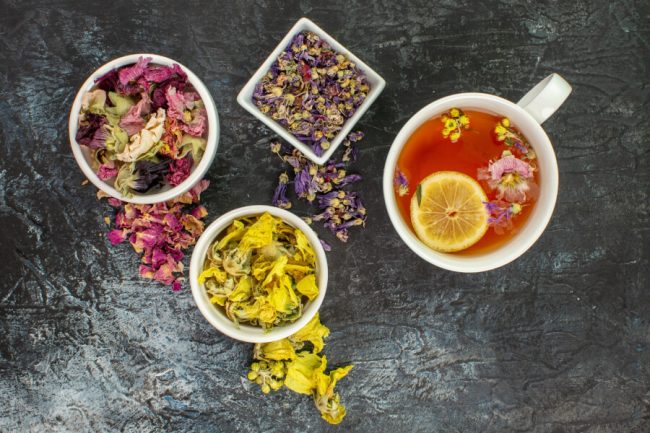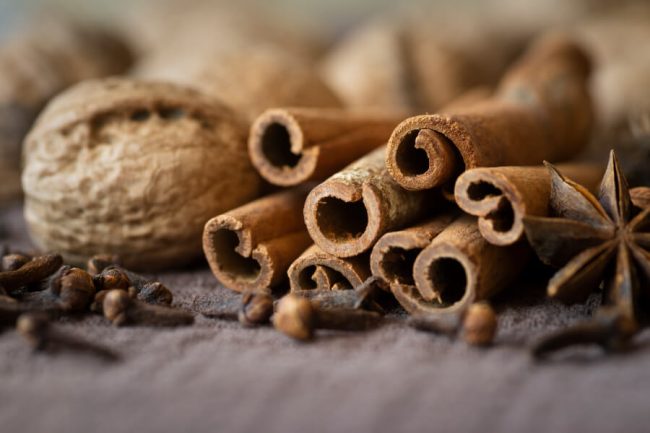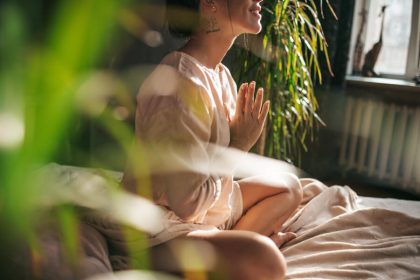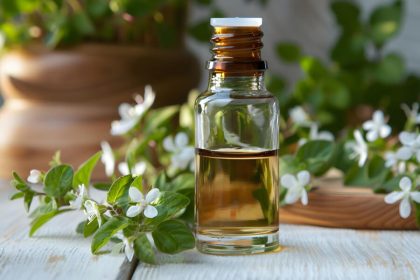Many individuals seek natural remedies to cope with the challenges of anxiety and depression. Herbal teas have long been celebrated for their calming properties and potential benefits for mental well-being.
From the soothing aroma of chamomile to the relaxing effects of lavender, these fragrant infusions not only offer a comforting ritual but may also provide relief from the stresses of daily life.
Here are five herbal teas known for their ability to reduce symptoms of anxiety and depression, along with tips for brewing the perfect cup and adding mindfulness practices to improve their calming effects.
Common Symptoms of Anxiety and Depression
Recognizing the symptoms is crucial for seeking help. Here are some common indicators of anxiety and depression:
Anxiety
-
- Excessive worrying
- Difficulty concentrating
- Sleep disturbances
- Physical symptoms (e.g., muscle tension, sweating)
Depression
-
- Persistent sadness
- Loss of interest in activities
- Changes in sleep patterns
- Feelings of hopelessness
Role of Herbal Teas in Managing Anxiety and Depression
How Herbal Teas Can Help Calm the Mind
Herbal teas have been used for centuries as natural remedies for various ailments, including anxiety and depression.
These soothing beverages can provide a sense of comfort and calmness, making them an excellent addition to your wellness routine.
Benefits of Adding Herbal Teas to Your Daily Routine
- Natural Ingredients: Herbal teas are made from various plants, providing a natural way to reduce symptoms of anxiety and depression without the side effects often associated with pharmaceuticals.
- Hydration: Staying hydrated is essential for overall health. Herbal teas contribute to your daily fluid intake while offering additional health benefits.
- Relaxation Ritual: Taking the time to brew and enjoy a cup of herbal tea can serve as a mindful moment in your day, helping to reduce stress related to anxiety and depression.
Scientific Evidence
Herbal teas can have a positive impact on mental health. Also, ingredients like chamomile and lavender may help reduce symptoms of anxiety and depression, making herbal teas a compelling choice for those looking to improve their mental well-being.
Top Herbal Teas for Anxiety and Depression
When it comes to choosing herbal teas for anxiety and depression, here are five of the best options:
Chamomile Tea
Chamomile tea is renowned for its calming effects. The antioxidants found in chamomile can promote relaxation and improve sleep quality, making it a top choice for those battling anxiety and depression.
How to Prepare: Steep 1-2 teaspoons of dried chamomile flowers in hot water for about 5 minutes. Add a touch of honey for sweetness, if desired.
Lavender Tea
Known for its soothing aroma, lavender tea can help reduce symptoms of anxiety and promote relaxation.
The scent of lavender is often associated with calming effects, making it a popular choice in aromatherapy as well.
How to Prepare: Use dried lavender flowers and steep them in hot water for about 5-7 minutes. Enjoy its floral aroma and calming benefits.
Passionflower Tea
Passionflower has been shown to help reduce symptoms of anxiety and depression and improve sleep quality.
This herbal tea is particularly beneficial for those dealing with insomnia related to anxiety or depression.
How to Prepare: Steep dried passionflower in hot water for about 10 minutes for optimal results. The taste is mild and pleasant, perfect for a nighttime routine.
Lemon Balm Tea
Lemon balm is part of the mint family and is known for its ability to reduce stress and anxiety. The refreshing flavor adds a delightful twist to herbal tea blends.
How to Prepare: Steep 1-2 teaspoons of dried lemon balm leaves in hot water for 5-10 minutes. The lemony flavor can be enhanced with a slice of lemon or a drizzle of honey.
Valerian Root Tea
Valerian root is a powerful herb often used for its calming properties. It can help improve sleep quality and reduce symptoms of anxiety and depression.
How to Prepare: Steep valerian root in hot water for 10-15 minutes. Due to its strong flavor, consider blending it with other herbs like chamomile or lemon balm.
Other Herbal Remedies for Mental Wellbeing
In addition to the top herbal teas, several other herbal remedies can support mental well-being and help with anxiety and depression:
Ashwagandha
This adaptogenic herb helps the body cope with stress and anxiety. It may improve mood and reduce symptoms of depression.
Ginseng
Ginseng is known for its energy-boosting properties but can also help combat stress and improve overall mental clarity, making it beneficial for those dealing with anxiety and depression.
Rhodiola Rosea
Rhodiola is an adaptogen that can help the body resist physical and mental stress. It may improve mood and reduce fatigue, making it a useful ally in managing anxiety and depression.
Ginkgo Biloba
Ginkgo biloba is believed to improve cognitive function and reduce symptoms of anxiety and depression. It can be a valuable addition to your mental wellness toolkit.
Tips for Brewing the Perfect Cup of Herbal Tea
To maximize the benefits of herbal teas for anxiety and depression, consider the following tips:
- Choosing High-Quality Tea Leaves: Go for organic and high-quality herbal teas to ensure you’re getting the most potent flavors and benefits. Look for reputable brands or purchase loose-leaf teas from trusted sources.
- Optimal Brewing Techniques for Maximum Benefits: Use freshly boiled water for most herbal teas, allowing the heat to extract the beneficial compounds. Steep for the recommended time to avoid bitterness and maximize flavor.
- Improving the Flavor with Natural Sweeteners and Herbs: Feel free to add natural sweeteners like honey or agave syrup to improve the flavor of your herbal teas. You can also mix different herbal teas to create your own blends, tailoring them to your taste preferences.
Adding Mindfulness Practices with Herbal Teas
Adding mindfulness practices into your tea-drinking routine can enhance its calming effects.
Mindfulness involves being present in the moment and can significantly improve mental health, particularly for those struggling with anxiety and depression.
Creative Rituals to Improve the Calming Effects of Herbal Teas
- Set the Mood: Create a calming environment by dimming the lights, lighting a candle, or playing soft music while you prepare your tea.
- Savor the Experience: Take time to enjoy the aroma, flavor, and warmth of your tea. This mindful approach can help calm your mind and reduce stress related to anxiety and depression.
Combining Meditation and Tea-Drinking for a Holistic Approach to Wellbeing
Consider combining your tea-drinking ritual with meditation. After brewing your herbal tea, find a quiet space to sit and meditate, focusing on your breath and the soothing experience of sipping your tea. This can provide a holistic approach to managing anxiety and depression.
Conclusion
Herbal teas offer a natural, enjoyable way to manage symptoms of anxiety and depression. With options like chamomile, lavender, and valerian root, you can create a soothing bedtime routine that promotes relaxation and mental well-being.
By adding these teas into your daily life and practicing mindfulness, you can cultivate a sense of calm and improve your overall mental health.
FAQs
What is the best herbal tea for anxiety and depression?
Chamomile and lavender tea are often recommended for their calming effects on anxiety and depression.
What tea calms the nervous system?
Passionflower and valerian root teas are known for their ability to relax the nervous system and help with anxiety.
Which tea is best for the brain?
Ginkgo biloba tea is often cited as beneficial for cognitive function and reducing symptoms of anxiety and depression.
Do calming teas really work?
Many people find that herbal teas can help reduce symptoms of anxiety and depression, supported by various studies.







